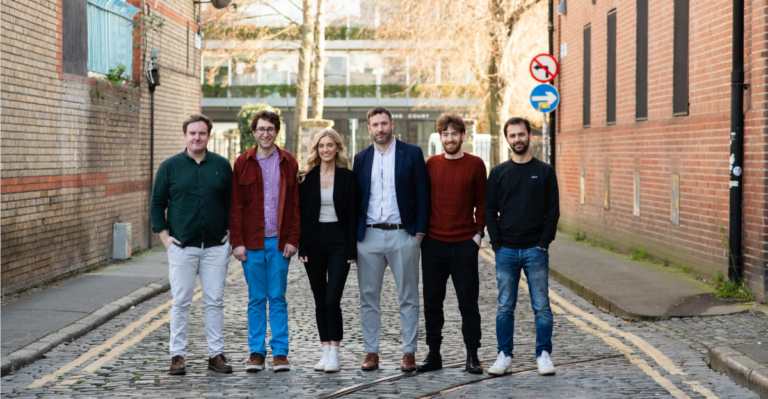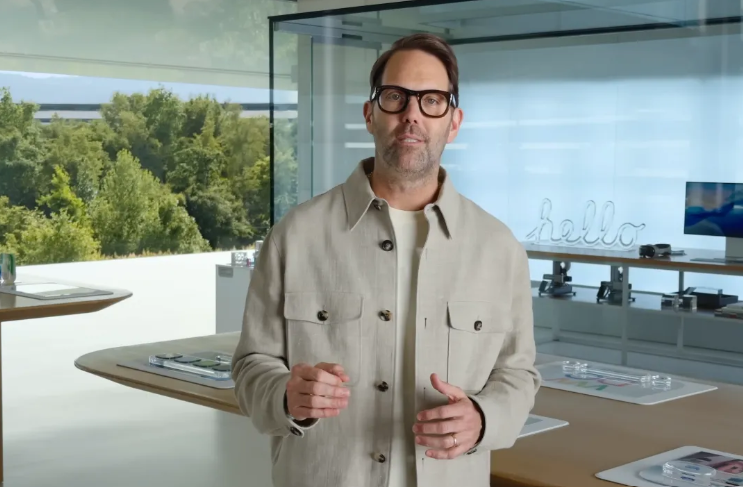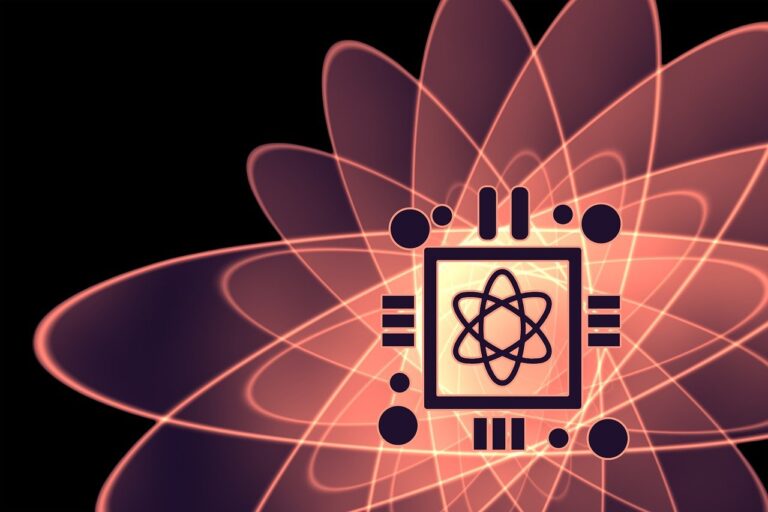Integrated quantum computing firm Quantinuum Ltd. has unveiled groundbreaking open-source software tools aimed at streamlining the development process of quantum applications. Central to this release is Guppy, a new quantum programming language designed to be both intuitive and accessible, drawing on the syntax of Python—one of the most widely adopted programming languages among developers.
In conjunction with Guppy, Quantinuum has introduced Selene, an innovative open-source emulator tailored for its Helios quantum computing hardware. Selene allows for realistic modeling of entangled quantum behavior, offering a vital resource for developers tackling the complexities inherent in quantum computing.
Programming quantum systems has historically involved intricate coding to manage the interplay of quantum gates and underlying hardware. Unlike classical computers, which process information in binary form (1s and 0s), quantum computers utilize qubits capable of existing in multiple states simultaneously—a concept known as “superposition.” This complexity often leads to tedious programming tasks prone to human error.
Guppy simplifies this process by enabling programmers to use conventional logic, including “if/then” statements and “for” loops, thereby enhancing code readability and adaptability. This higher-level programming environment grants developers access to sophisticated quantum protocols such as magic state distillation and quantum teleportation, all controllable within real-time systems.
Moreover, Guppy integrates seamlessly with Nvidia Corp.’s new CUDA-QX capabilities, facilitating error correction without requiring additional coding efforts.
The capabilities of quantum computing extend to high-stakes areas like drug discovery, materials science, and artificial intelligence, where conventional computational methods fall short. Quantinuum aims to empower developers to create quantum applications that can effectively address these challenges by providing a familiar platform for programming.
On the emulator front, Selene complements the Helios hardware by giving developers an open-source simulation environment. Recognized as a “digital sister” to Helios, Selene provides crucial runtime behavior features, including measurement-dependent control flow and hybrid quantum-classical logic. This compatibility allows for immediate deployment of Guppy programs, enabling developers to test and refine their quantum code efficiently.
All these advancements are hosted on Quantinuum’s Nexus platform, a cloud-native software-as-a-service environment that integrates all components of the quantum computing stack. Nexus facilitates the management of Guppy applications, offers tools for analyzing outcomes, and encourages collaboration among developers to foster a robust ecosystem for quantum innovation.







